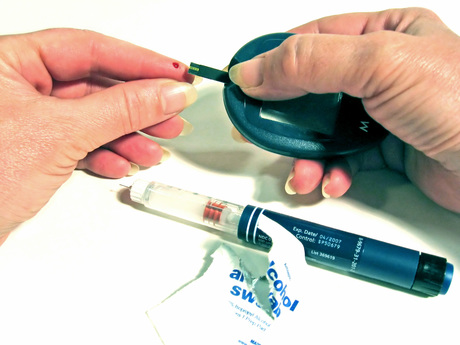Mesoblast's MPCs show promise in type 2 diabetes

Mesoblast (ASX:MSB) mesenchymal precursor cells (MPCs) improved glycaemic control and reduced blood glucose levels in patients with type 2 diabetes during a phase II trial.
Results from the single-blind, placebo-controlled, dose escalation study were presented at the 74th American Diabetes Association annual meeting in San Francisco by Dr Jay Skyler.
The trial involved 61 patients whose diabetes was inadequately controlled on metformin alone or with one other glucose-lowering patient. It evaluated the effects of a single intravenous injection of Mesoblast’s MPCs at rates of 0.3, 1 or 2 million MPCs per kg over 12 weeks.
The results show a significant reduction in HbA1c - a measure of blood glucose - levels after eight weeks in the largest dosage MPCs group. They also show a dose-dependent improvement in glycaemic control compared to the placebo group starting at week one.
The reduction in HbA1c was most prominent in patients with relatively poorer glycaemic control. Fasting insulin levels were reduced in the 1 million and 2 million MPC groups.
The treatment was also found to be well tolerated, with a maximal dose of 246 million cells.
“We are very pleased with these results, which are consistent with an immunomodulatory mechanism by which our MPCs may have glucose-lowering effects in patients with type 2 diabetes,” Mesoblast CEO Silviu Itescu commented.
“We are evaluating whether similar effects may be seen with the use of MPCs in the treatment of kidney disease and other complications of type 2 diabetes.”
Mesoblast (ASX:MSB) shares were trading 3.07% higher at $4.36 as of around 1 pm on Thursday.
Brain cells mature faster in space than on Earth
Microgravity is known to alter the muscles, bones, the immune system and cognition, but little is...
Fetuses can fight infections within the womb
A fetus has a functional immune system that is well-equipped to combat infections in its...
Gene therapy reverses heart failure in large animal model
The therapy increases the amount of blood the heart can pump and dramatically improves survival,...




